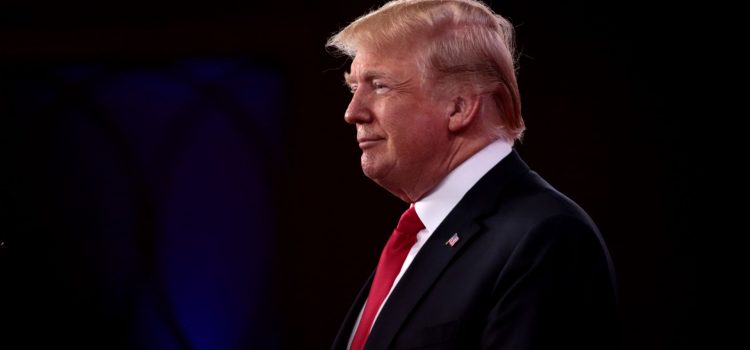
What was Donald Trump’s childhood like? What values did he learn from his parents?
Donald Trump’s childhood was marked by conditional love from his parents and an attitude that relationships are only worth what you can get out of them. Learning how he grew up offers insights into his later career and values.
Continue reading for insights from Trump’s childhood and early years.
Trump’s Early Years, 1946-1983
Trump was born in 1946 to parents Fred and Mary Trump. His father had founded the Trump Organization, the family company that built a modest real estate empire primarily based on middle-class housing in the outer New York City boroughs of Brooklyn and Queens. Donald Trump’s childhood was marked by harshness, emotional distance, and a lack of empathy. Fred instilled in his children a competitive, win-at-all-costs mentality, fostering rivalry among them.
(Shortform note: Fred Trump’s parenting methods may have been an example of what some early childhood experts call “conditional parenting.” In Unconditional Parenting, author and lecturer Alfie Kohn writes that traditional concepts of “good” and “bad” behavior, and the system of rewards and punishments that reinforces them, harm children by making them feel that their parents’ love, approval, and affection are contingent on them behaving well. He writes that these methods make children selfish as adults because the focus on threats and bribes causes them to focus on the consequences to themselves rather than on the consequences to others.)
Learning the Transactional Nature of Relationships
Growing up in the Trump household, Donald Trump learned the transactional nature of relationships—that people were only valuable insofar as they could benefit him. This mindset was fundamental to the New York real estate development world in which Trump grew up. His father excelled at cultivating political connections with local party leaders, elected officials, and judges. These connections were essential for obtaining the necessary tax breaks, easements, and permits for the family’s real estate ventures.
Donald Trump took these lessons to heart when he entered the family business in 1968, after finishing his studies at the University of Pennsylvania. In the 1970s, Trump forged connections to key Manhattan power brokers, including then-Mayor Abe Beame. This enabled the Trump Organization to secure approximately $168 million worth of tax abatements from the city and state governments—an early demonstration to Trump of the government’s power to shower wealth on those who had the right political connections.
(Shortform note: Trump’s strategy of cultivating deep relationships with local politicians proved highly successful in 1970s New York City. One analysis suggests that this strategy is still highly effective: An Australian study from 2015 reveals a notable correlation between political connections and favorable outcomes for property developers. The research indicates that developers with political ties are 19% more likely to receive favorable decisions when it comes to development applications.)






